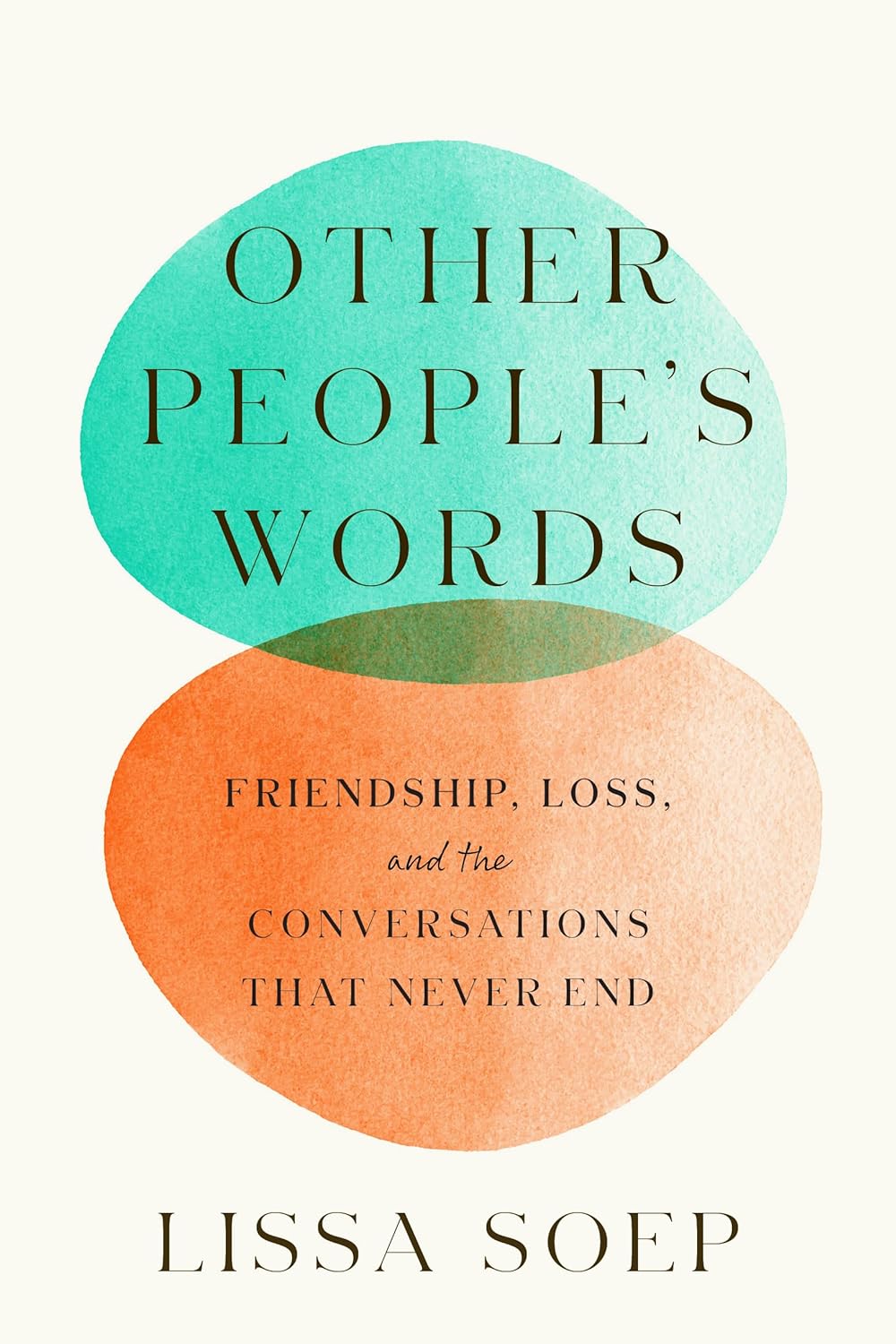
Other People’s Words: Friendship, Loss, and the Conversations That Never End
與風對話時,我想起了你
內容介紹
日本岩手縣大槌町矗立一座主人佐佐木格先生命名為「風的電話」的電話亭,雖然裡面的電話沒有連接電話線,但那個空間可以讓每個人都不受打擾地拿起話筒,將思念傳達給再也無法相見的人。佐佐木先生的堂兄在2009年被檢查出罹患癌症,只剩 3 個月的壽命,他有所感觸比起「存在」的時間,人說不定「不在」的時間更長,死後的牽絆更為重要。於是在堂兄過世後設置了電話亭,希望自己的想念可以透過風傳遞給堂兄。
佐佐木先生買來電話亭不久後,日本東北大地震來襲,奪走了近2萬人的生命,風的電話因此有了新的任務,受災居民懷著失去親人的悲痛來到電話亭,撥打不會接通的號碼。
「喂~」
「我馬上要升上四年級啦!」
「祖母一切安好。」
「大家都在等妳回來。我在我們家原址蓋了新的一間新房子等你回來。記得要吃點東西。」
撥電話的人對著手中沉甸甸的話筒訴說思念,聽著記憶裡的口吻,把玩著電話線,在那一刻有如另一端的人接起了這通電話。只要對話持續,逝世的人彷彿還未走遠。
以上節錄自《與風對話時,我想起了你》開篇引言。作者——麗莎‧索普以優雅的筆觸,穿插俄羅斯哲學家米哈伊爾‧巴赫汀(Mikhail Bakhtin)的對話理論*,懷念生命中逝世的兩位好友。想藉此告訴讀者日常生活中的對話、簡訊、明信片、email等都留下我們與過世親友間多麼親密的證據。記憶中的聲線像時光機,帶我們回到曾經,也回到他們身邊。這些語言不會隨著人消逝,而豐富活著的人的話語,一代一代流傳下去。
*巴赫汀認為,人類的意識乃至任何一種形式的存在都必須以語言不斷溝通為基礎。「人是作為一個完整的聲音進入對話。不僅以自己的思想,而且以自己的眼睛、手、靈魂、性格參與對話。」透過說話者、聽話者與語言本身的互動產生意義。在The Dialogic Imagination一書中,他也提到我們每個人說出來的話其實都是接收並內化他人的話語後的產物,如此選擇性吸收別人的言語再傳遞出去即是意識存在的證明與延伸。
作者介紹
書評
“Remarkable . . . A profound meditation on the first-order experiences of life: friendship, love, death, carrying on in the face of great tragedy. This is a book to help you remember what is meaningful in this life.”—Alexis Madrigal, Forum (KQED-FM)
“Engaging and deeply thoughtful.”—San Francisco Chronicle
“Moving . . . Anyone who has lost a loved one and still seeks their voice will appreciate this pensive book.”—Booklist
“Other People's Words is an essential meditation on the relationship between love, loss, and language. How does speech undo the boundaries between you and me, between self and other? How do we create ourselves, and our intimacies, through our words? This book will fundamentally change how, and for whom, you speak.”—Cyrus Dunham, author of A Year Without a Name
“It’s rare to find a book like Other People’s Words, which creates its own delicate atmosphere and populates it with such unforced care that every blade of grass, and every word, seems to glow with its own mysterious purpose, only to discover that you are yourself inside that little world, breathing its air, which is all around you, and that one of its mysterious purposes is you.”—Jonathan Rosen, author of The Best Minds
“Lissa Soep has given us a gift with this book. It is a treasure map to meaning in life’s hardest moments and the exact book on grief I desperately needed. She is a celebrator of life, and, in so doing, shows us that love lives on forever.”—Laurel Braitman, author of What Looks Like Bravery: A Story of Friendship, Madness, and the Tragedy of Good Intentions
“A moving meditation on the role of language in mitigating grief and loss.”—Amy Fusselman, author of Savage Park
“Other People’s Words illustrates how absurd the illusion is that we are separate. We don’t just whisper into each other’s ears; rather we speak to, through, for, and as each other. This book grapples beautifully with that truth and is genuinely enlightening. Just magnificent.”—Rob Delaney, author of the New York Times bestseller, A Heart That Works
“Other People’s Words is one of those books that changes you forever. Now I can hear the ‘double voicing’ in my own life: the ways the language of my past—of dear friends and family—has fused into and shapes the language of my present; how it keeps people I have lost with me always.”—Peggy Orenstein
相關連結

